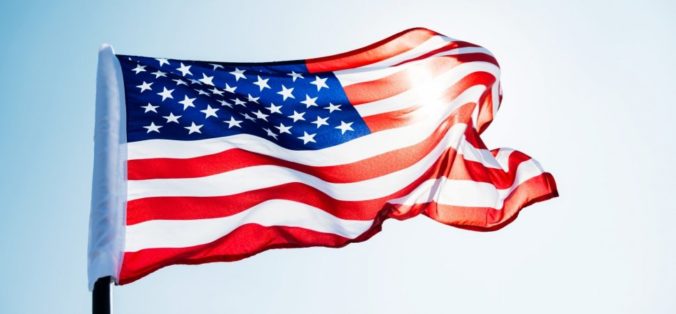Only 55 percent of US adults described Memorial Day as a holiday honoring the men and women who died while serving in the Armed Forces
For many Americans, Memorial Day signifies the unofficial start of summer, a three-day weekend of backyard barbecues and holiday sales. While the holiday can be a much-needed vacation or a chance to spend time with family and friends, its intended purpose is to honor military members who gave their life serving in the armed forces. A new University of Phoenix survey discovers that many U.S. adults could be losing sight of the true meaning of Memorial Day.
According to the survey, only 55 percent of respondents described Memorial Day as a holiday honoring the men and women who died serving in the U.S. Armed Forces. Americans most often confused Memorial Day with Veterans Day, a holiday to thank living veterans for their sacrifice. More than one in four (27 percent) described Memorial Day as a holiday honoring all military veterans. As a result of the survey, the University hopes to encourage Americans to remember fallen service members this holiday.
“While most Americans recognize that Memorial Day is a military holiday, it is important to understand that it is a solemn day of remembrance. For me, as a combat veteran, and for military members and their families, this day holds great significance. Not everyone I served with was fortunate enough to return home,” said Brian Ishmael, senior director, University of Phoenix Office of Military and Veteran Affairs and former U.S. Army sergeant. “We should enjoy Memorial Day, but we must also ensure that future generations understand and remember the sacrifices made protecting our freedoms.”
Additional survey findings show that despite most Americans having ties to the military, the meaning of Memorial Day may be slowly eroding with each passing generation. More than three in five (63 percent) U.S. adults have themselves or have immediate family members who served in the U.S. Armed Forces. However, only 46 percent of adults aged 18-34 identified the correct meaning of Memorial Day versus 58 percent of 45 to 64-year-olds. Adults aged 65 and over were most likely to cite it as a day of honoring those who died serving in the Armed Forces (65 percent).
Commemorating Memorial Day
University of Phoenix has a history of dedication to military servicemen and women. To commemorate Memorial Day, the University annually plants flags spelling out a special message on the lawn of its Phoenix Campus as a reminder of the true meaning of the holiday. The tribute started 10 years ago after alumni students and employees felt that the purpose of the holiday had been lost.
This year, the University will plant 15,000 flags spelling out, “Their Legacy Lives On.” Prior to Memorial Day, University volunteers will collect the flags to donate to local military cemeteries. The flag-planting can be viewed on the University of Phoenix Facebook page.
While the flag tribute is one way to honor the memories of fallen soldiers, there are several ways to recognize and observe this day of remembrance. Given the definition of Memorial Day, about two in five (45 percent) U.S. adults said that they always/often commemorate it in the way that it was intended to be observed. When asked how they plan to observe this Memorial Day in terms of commemorative activities, some of their most common responses included:
- Flying a flag at half-staff – 21 percent
- Attending a local ceremony or patriotic event – 20 percent
- Leaving a flag or flowers on the grave of someone who died while serving in the military – 18 percent
- Participating in the National Moment of Remembrance – 16 percent
- Visiting a military memorial or war monument – 13 percent
- Aiding a family who lost someone serving in the U.S. Armed Forces – 8 percent
“At University of Phoenix, the flag-planting event has become a tradition for students, alumni and employees to honor those who lost their lives in service to our country,” Ishmael said. “There are many ways to start your own tradition or tribute and we encourage people to incorporate them into their weekend activities. The important thing is that we never forget our fallen heroes.”
